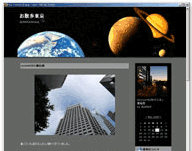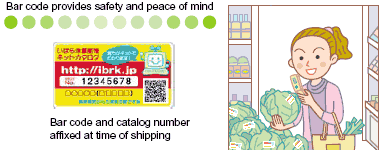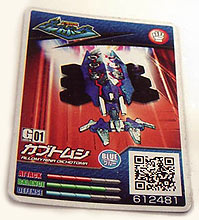
With little fanfare and no press conference, NTT DoCoMo has released five new 3G FOMA 901iS FeliCa-enabled handsets into the digital world: D901iS (Mitsubishi), F901iS (Fujitsu), P901iS (Panasonic), N901iS (NEC) and SH901iS (Sharp). All have certain features in common with other 901i models, including music players, “3D Sound,” Deco-Mail to decorate email, G-GUIDE interactive TV guide and recording programmer (see the .pdf for full specs). New features include a 4-megapixel recorded resolution camera for the D901iS and a full Web browser on the N901iS. The company says that the 901iS-series is DoCoMo’s first in which all models are equipped for mobile-wallet functions, but the five handsets actually do a lot more than drain virtual bank accounts. The pre-installed Adobe Reader LE, for example, enables 901iS phones to view PDF files downloaded from i-mode sites. The application includes access to all basic PDF functions including scrolling, paging, text searches, bookmarks and page rotation and users can easily email files, dial a number or navigate to a Web link in the file. But wait, there’s more…





 Giant beetles are big business and big fun in Japan. Toy maker Tomy is capitalizing on the current Japanese craze for all things beetle by introducing a mobile game and information site for their line of spring-wound
Giant beetles are big business and big fun in Japan. Toy maker Tomy is capitalizing on the current Japanese craze for all things beetle by introducing a mobile game and information site for their line of spring-wound